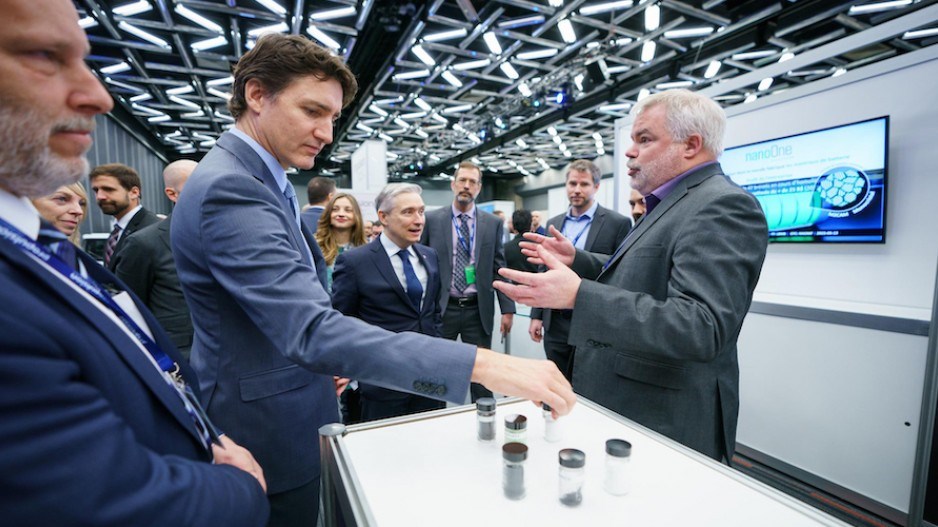Sumitomo Metal Mining (TYO: 5713) is investing $16.9 million ($12.5m) in Canada’s battery materials firm Nano One (TSX: NANO) as part of the Japanese giant’s efforts to find sustainable methods for producing lithium-ion batteries.
The companies have also vowed to jointly develop a low-cost, low environmental impact production process for battery cathode materials, which are used in the making of electric vehicles (EVs).
The move comes on the heels of an agreement between Japan and Canada that will see the nations work closely together to establish sustainable and reliable global battery supply chains.
Vancouver-based Nano One has piqued the interest of big mining sector actors, including Rio Tinto, thanks to its patented process for the sustainable production of lithium-ion battery material for cathodes. These are the battery’s two terminals that receive and dispatch electrons.
“This announcement builds on years of technology development and CAM production by both Sumitomo Metal Mining and Nano One Materials,” Nano One CEO, Dan Blondal, said in a separate statement.
Sumitomo Metals’ move represents the first time a producer of cathode active materials (CAM) has invested in Nano One, the companies said. Through the investment, it will own about 5% of the Canadian company.
Multibillion dollar market
The Tokyo-based vertically integrated miner, refiner and maker of CAM has been expanding its production capacity of cathode materials and plans further expansions.
In terms of annual capacity, its plan is to boost it from the current 60,000 tonnes to 84,000 tonnes in FY2025, 120,000 tonnes in FY2027 and 180,000 tonnes in FY2030.
Nano One has plans to build its first commercial lithium iron phosphate (LFP) plant adjacent to its existing production scale pilot facility in Candiac, Québec. The company is nearing completion of a Front-End Loading Pre-Feasibility Study (FEL-2) that will help determine key factors including costs, production line size, total capacity and timing.
Securing cathode materials, such as lithium, nickel, manganese and cobalt, presently involves a complex supply chain, and they account for around a quarter of the cost of a lithium-ion battery.
Forecasts expects the global market for cathode elements to grow form a $25.9 billion value in 2022 to $52.6 billion by 2027.




